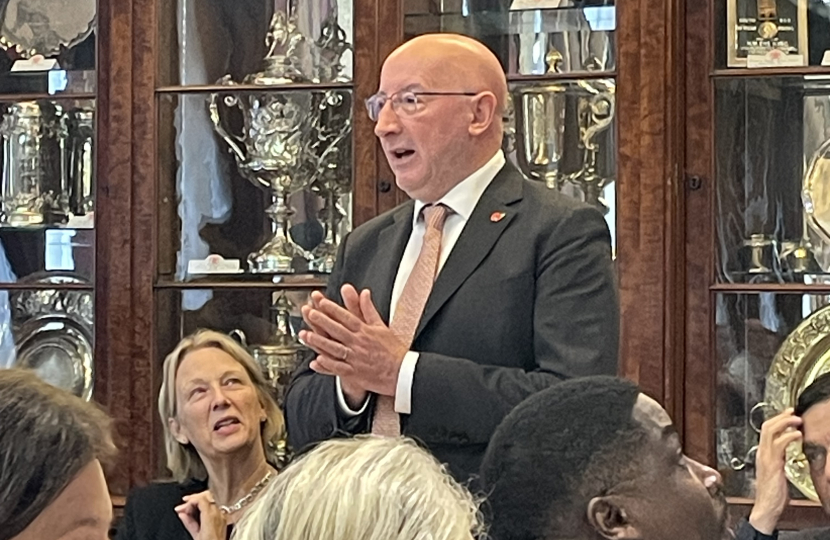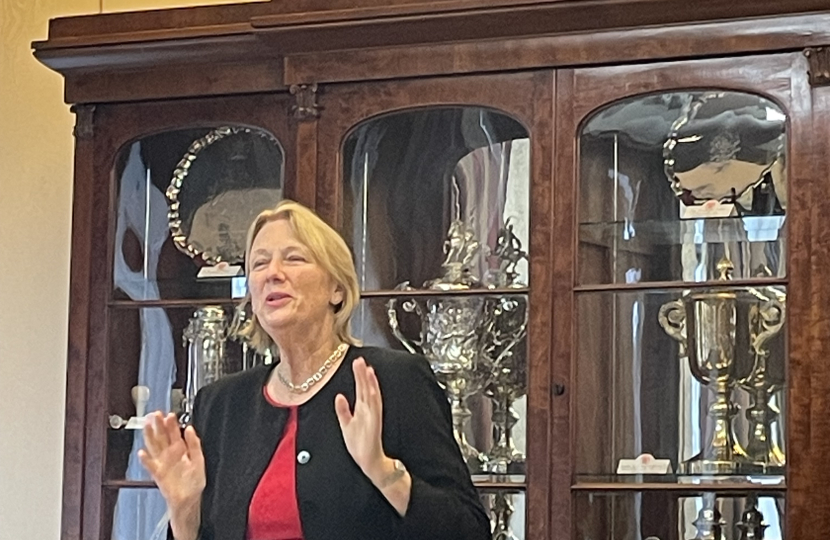Thanks to the London Chamber of Commerce & Industry today business leaders had a chance to listen to two senior leaders of His Majesty’s Revenue and Customs (HMRC). The UK’s tax collectors.
First we heard from Dame Jayne-Anne the Lead Non-Executive at HMRC, and former CEO of Virgin Money.
Next up was the First Permanent Secretary and Chief Executive Sir Jim Harra. He joined the Inland Revenue as an Inspector of Taxes in 1984 and in 2018 he took up his current role.
The speakers were clearly proud of the service HMRC delivers and immediately post budget it’s a busy time advising Government. Sir Jim told the guests more about the current status and future of HMRC which has 65,000 staff though the government has decided to increase their staff levels to over 71,000. HMRC has a duty to administer tax and customs for the UK and it is costing over £6bn pa.
During the question session we covered a lot of ground. On cash use some see it as a
pathway of crime or to avoid tax, but happily many recognised its importance to people, especially vulnerable people and it remains a legitimate part of economy.
We also heard about the challenges of the new UK tax arrangements on farming, but perhaps understandably given the heat in media comments we didn’t get much clarity on what the impact will be.
Given the theme on customer satisfaction I asked about HMRC’s duty of candour and transparency - by the way there is no clear statute duty - and the answer wasn’t all I expected: We heard HMRC think the answer is all about how digital can make records available, but this stuck me as about form of access not rights of access. The broader view of HMRC is that people need to self serve in their review of their affairs and HMRC records. This to me is all about costs, and is not recognising a duty to tax payers of candour and transparency. It seems the main driver of HMRC behaviour is government targets.
The digital conversation did lead to useful comments on Open Banking and the potential for smarter use of data. HMRC is data rich and there are hopes to share more to help public service, but they do need to think about the criminal offence risk of sharing both under their governing statute and the fact cyber crime and fraud often pretend to be HMRC.
Copyright 2025 James Tumbridge . All rights reserved.
Powered by Bluetree



